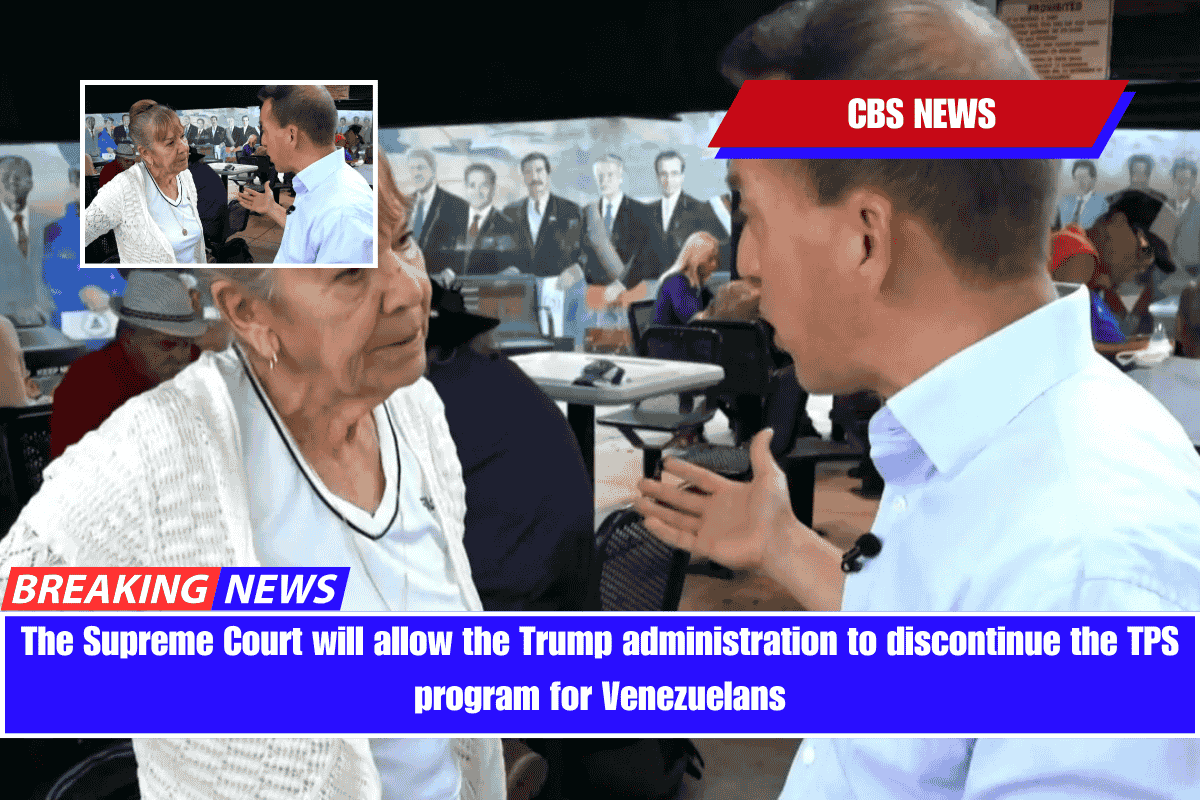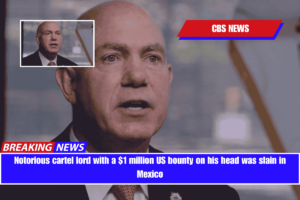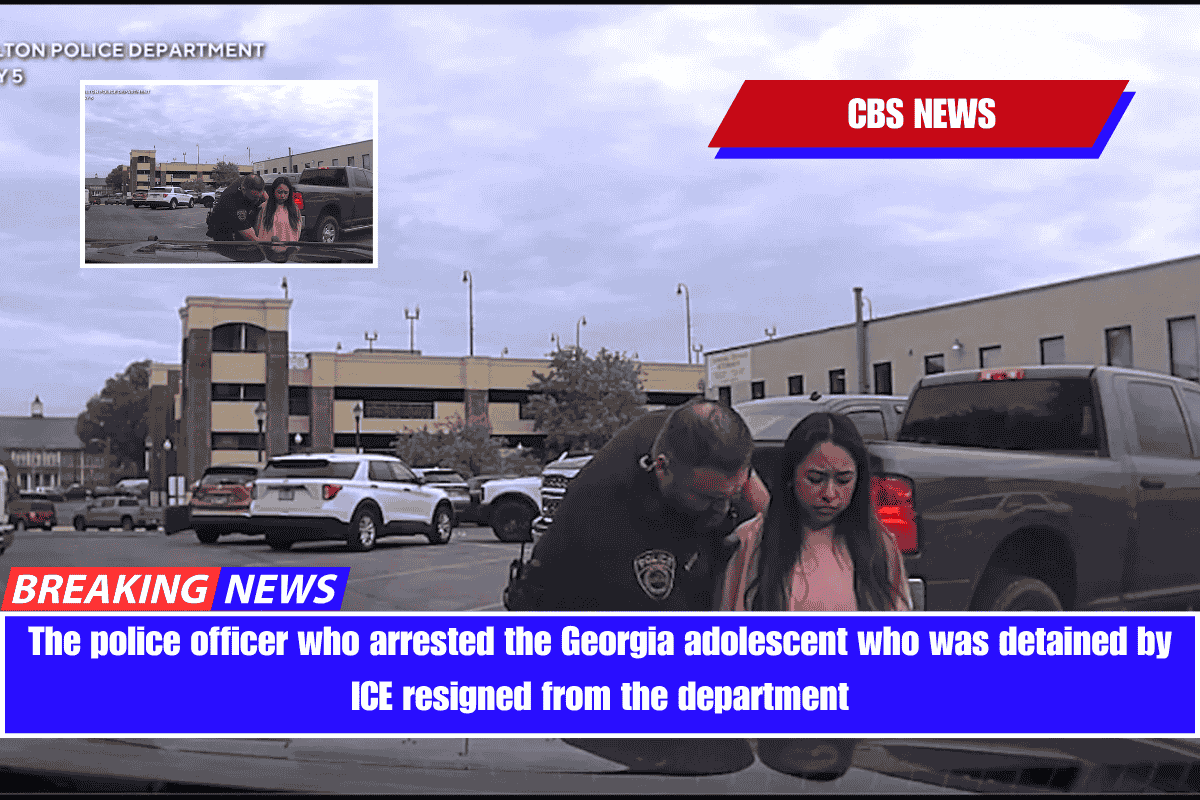Washington — The Supreme Court announced on Monday that it will allow the Trump administration to end the Temporary Protected Status program, which protects approximately 350,000 Venezuelan migrants from deportation, while legal proceedings over the move continue.
The Supreme Court granted the administration’s request to temporarily lift a lower court injunction that had prevented Homeland Security Secretary Kristi Noem from revoking Venezuelans’ Temporary Protected Status, or TPS. Justice Ketanji Brown Jackson stated that she would deny the administration’s request for emergency relief.
Noem terminated the designation, which had been extended by the Biden administration, in February, clearing the way for Venezuelans to lose their government-issued work permits and deportation protections on April 7th.
However, a federal judge in California blocked the action in late March, stating that her decision to terminate the TPS program for Venezuelan migrants appeared to be “predicated on negative stereotypes” and could have been motivated by unconstitutional animus.
A federal appeals court declined to grant emergency relief to the Trump administration and stayed the district court’s order, prompting the administration to seek Supreme Court intervention.
“So long as the order is in effect, the secretary must permit hundreds of thousands of Venezuelan nationals to remain in the country, notwithstanding her reasoned determination that doing so is ‘contrary to the national interest,'” Solicitor General D. John Sauer wrote in the administration’s emergency appeal to the Supreme Court.
Tricia McLaughlin, DHS’s assistant secretary for public affairs, described the high court decision as a “win for the American people and the safety of our communities.”
Congress established the program in 1990, which allows the federal government to provide temporary immigration protections to migrants from countries experiencing wars, natural disasters, or other “extraordinary and temporary” conditions that make deporting detainees dangerous. Beneficiaries of the program can apply for renewable work permits and deportation deferrals.
During the Biden administration, then-Homeland Security Secretary Alejandro Mayorkas designated Venezuela for the Temporary Protected Status program, citing “extraordinary and temporary” conditions that prevented Venezuelans living in the United States from returning home. Mayorkas extended the designation, which was set to last 18 months, in October 2023.
In addition to designating Venezuela for TPS, the Biden administration established or expanded programs in Afghanistan, Cameroon, Haiti, and Ukraine. The Venezuelan program is the largest, covering approximately 600,000 people through two separate designations; however, only the designation from 2023 is at issue in the Supreme Court case.
After Mr. Trump took office for his second term, Noem revoked the extension for more than 350,000 Venezuelans, claiming that continuing the program was “contrary to the national interest”. The termination was scheduled to take effect April 7. The Trump administration is also revoking TPS protections for tens of thousands of Haitians, with the change set to take effect in August.
TPS beneficiaries and the National TPS Alliance filed a lawsuit in February challenging Noem’s decision to end protections for Venezuelans, and U.S. District Judge Edward Chen ruled in their favor, preventing Noem’s termination decision from taking effect nationwide.
In a Supreme Court filing, Sauer claimed that the district court’s order “wrested control of the nation’s immigration policy away from the Executive Branch and imposed the court’s own perception.”
“The district court’s decision undermines the Executive Branch’s inherent powers as to immigration and foreign affairs,” he wrote, calling the lower court’s injunction “ill-considered.”
However, in response to the request, lawyers for TPS recipients told the Supreme Court in a filing that lifting the district court’s injunction would harm the nearly 350,000 people who would lose their right to live and work in the United States.
“Staying the district court’s order would cause far more harm than it would stop,” they wrote in their ruling. “It would radically shift the status quo, stripping plaintiffs of their legal status and requiring them to return to a country the State Department still deems too dangerous even to visit.”
They argued that the TPS statute does not give the Homeland Security secretary the authority to cancel or rescind an extension, and that Noem’s terminations of TPS extensions for Venezuela and Haiti were the first and second times in the statute’s history that an extension was set aside.
The Trump administration’s request for emergency relief is one of over a dozen cases involving Mr. Trump’s second-term agenda that have been heard by the Supreme Court, including several involving his immigration plans.
On May 15, the Supreme Court heard arguments on the Trump administration’s request to narrow nationwide injunctions that prevent the enforcement of an executive order aimed at ending birthright citizenship.


















Leave a Reply